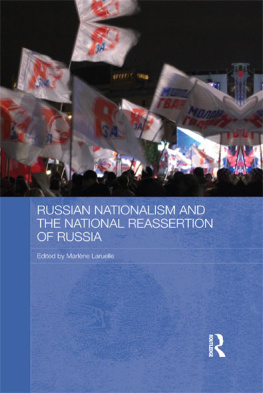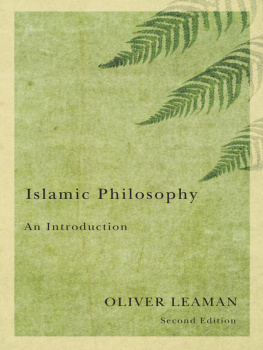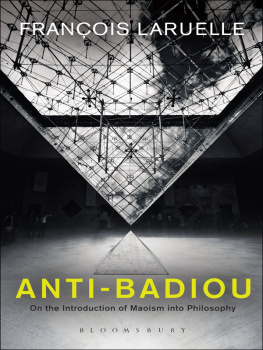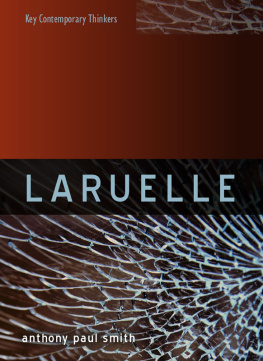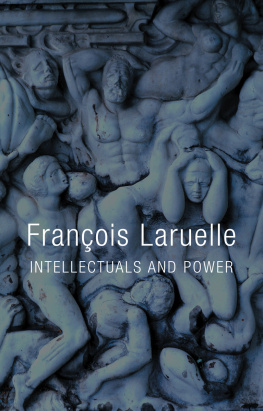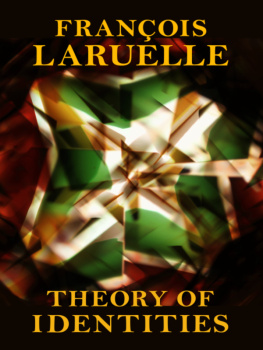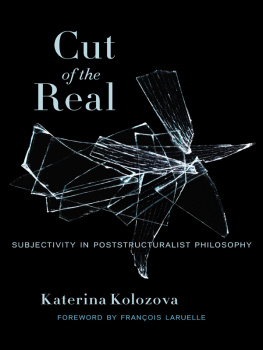Contents
Guide
Pages
A Biography of Ordinary Man
On Authorities and Minorities
Franois Laruelle
Translated by Jessie Hock and Alex Dubilet
polity
First published in French as Une biographie de lhomme ordinaire. Des Autorits et des Minorits Flammarion, Paris, 1985
This English edition Polity Press, 2018
Polity Press
65 Bridge Street
Cambridge CB2 1UR, UK
Polity Press
101 Station Landing
Suite 300
Medford, MA 02155, USA
All rights reserved. Except for the quotation of short passages for the purpose of criticism and review, no part of this publication may be reproduced, stored in a retrieval system or transmitted, in any form or by any means, electronic, mechanical, photocopying, recording or otherwise, without the prior permission of the publisher.
ISBN: 978-1-5095-0999-7
A catalogue record for this book is available from the British Library.
Library of Congress Cataloging-in-Publication Data
Names: Laruelle, Francois, author.
Title: A biography of ordinary man : on authorities and minorities / Francois Laruelle.
Other titles: Biographie de lhomme ordinaire. English
Description: Malden, MA : Polity, 2017. | Includes bibliographical references and index.
Identifiers: LCCN 2017026398 (print) | LCCN 2017032929 (ebook) | ISBN 9781509509980 (Mobi) | ISBN 9781509509997 (Epub) | ISBN 9781509509959 (hardback) | ISBN 9781509509966 (pbk.)
Subjects: LCSH: Human beings. | Philosophy. | Pragmatism.
Classification: LCC BD450 (ebook) | LCC BD450 .L33413 2017 (print) | DDC 128--dc23
LC record available at https://lccn.loc.gov/2017026398
The publisher has used its best endeavors to ensure that the URLs for external websites referred to in this book are correct and active at the time of going to press. However, the publisher has no responsibility for the websites and can make no guarantee that a site will remain live or that the content is or will remain appropriate.
Every effort has been made to trace all copyright holders, but if any have been inadvertently overlooked the publisher will be pleased to include any necessary credits in any subsequent reprint or edition.
For further information on Polity, visit our website: politybooks.com
TRANSLATORS INTRODUCTION
At present, there are a number of sophisticated theoretical introductions to the works of Franois Laruelle available in English, so here we will limit ourselves to questions of translation.
In the French original, three of the texts key terms are brought into even closer dialogue by their parallel, rhyming forms: mystique, pragmatique, topique. Unfortunately, the structure of English means we have not been able to preserve these echoes consistently. When mystique is an adjective we have rendered it as mystical, when it is the noun le mystique as the mystical, and when it is the noun la mystique as mysticism. When pragmatique is an adjective, it is pragmatic, when it is the noun le pragmatique, the pragmatic, and when the noun la pragmatique, pragmatics. When topique is an adjective, we have rendered it as topical, when the noun le topique, the topic and when the noun la topique, topics. What is thereby obscured in English is the parallelism between la pragmatique (pragmatics) and la topique (topics), on the one hand, and la mystique (mysticism), on the other. Although others have translated la mystique as mystics (in the works of Michel de Certeau, for example), mysticism remains closer to the meaning that la mystique normally carries in French. For example, la mystique rhnane, the thirteenth and fourteenth-century mystical movement that includes Meister Eckhart, Henry Suso, and Johannes Tauler, among others, is usually referred to in English as German Mysticism. The one time in the text that Laruelle uses the term mysticisme it is polemical, along the lines of the term obscurantism; we have made this different usage clear in the text.
In another case, the differences between French and English grammar and the precision of Laruelles terms have forced us to stretch English conventions. Laruelle uses three different French terms individu, individuel(le), and individual(le) for which the English individual is the appropriate translation. However, because each of the three terms does different theoretical work, we have found it necessary to distinguish between them in our translation, in one case using a neologism that echoes Laruelles French and evokes what we take to be his debt to Heideggerian terminology. Our terms are as follows: First, we translate the standard French noun for individual, individu, as individual. Second, we translate the standard French adjective for individual, individuel(le), as individuel, preserving the el of the French. Third, Laruelle coins the peculiar adjective individual(le), a term we suspect is modeled after Heideggers distinction between existenziell and existenzial. Like the noun individu, we translate this form as individual. Context will make clear which is the noun and which the adjective. Of primary importance for the reader is the fact that the awkward English individuel is in fact a translation of the common French adjective individuel(le), whereas the deceptively familiar adjective individual translates the neologism individual(le). This counter-intuitive distribution of familiar and unfamiliar is necessitated, at least in part, by the stress Laruelle puts on the a in individuality when he writes it as individu-a-lity. Moreover, by translating Laruelles term individual(le) as individual, we avoid what Laruelle himself is trying to avoid, namely, leaving the duel, or duel the contest between two adversaries so central to philosophy in the individual.
Laruelles particular use in French and thus our distinctive translations in English of a group of terms related to thought and reflection also deserve explanation. While irrflchi has a standard meaning of thoughtless or unconsidered, we have rendered it as unreflective so as to capture the critique of the specular found throughout the text, and also to retain some of the strangeness of Laruelles usage. Whenever unthought appears it translates impens(e), while rflchi usually becomes reflected or reflective rather than its more common definitions.
A number of terms that are likely to stand out to the reader are indebted to Heideggerian thought and the way it has been translated from German into both French and English. Indeed, translating this book has made us realize that the responsible translator of contemporary French philosophy really ought to have read at least Heidegger and Kant in French translation. We outline some of the most important Heideggerianisms here so that the reader understands their philosophical baggage.
- Although the standard meaning of the French loignement is remoteness, when Laruelle uses the hyphenated term -loignement he is referencing a Heideggerian terminology that has its own highly particular meaning and translation history: -loignement is the standard French translation of Heideggers Ent-fernung (23 of Being and Time) which we have, following Joan Stambaughs English translation of the same text, rendered as de-distancing. For the same reasons, we translate -loign as de-distanced.
- Laruelle draws a distinction between things comme tel and tel quel. The former is the standard French translation of Heideggers als solche, which is usually given in English as as such. (For example, Chapter V of Division I of




